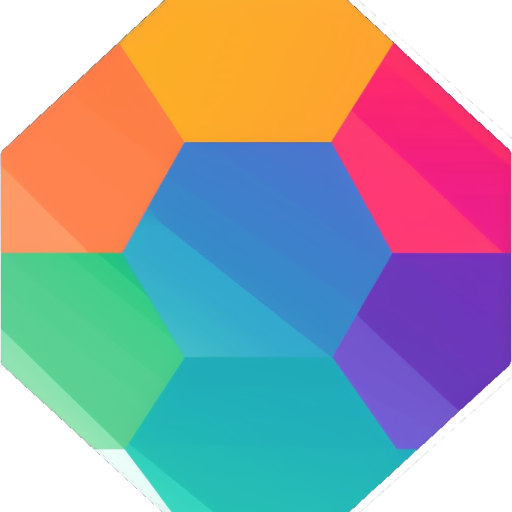Audio Presented by

Bite-sized insights into the world of cutting-edge development – explore, learn, and innovate!
Story's Credibility

About Author
Bite-sized insights into the world of cutting-edge development – explore, learn, and innovate!

Bite-sized insights into the world of cutting-edge development – explore, learn, and innovate!

Bite-sized insights into the world of cutting-edge development – explore, learn, and innovate!